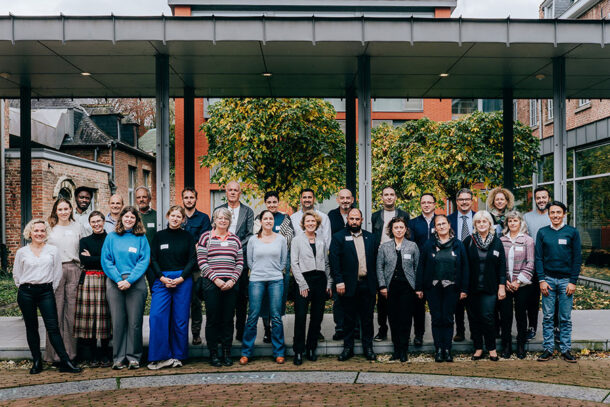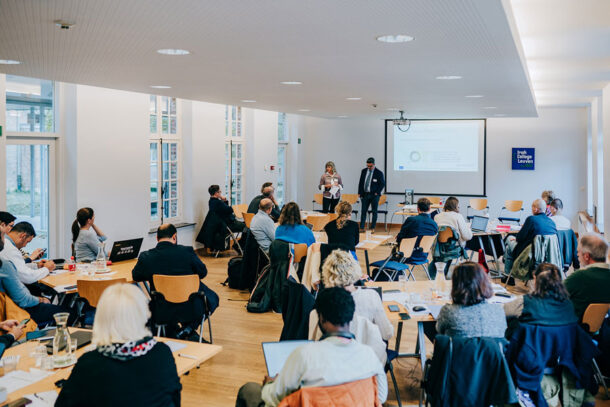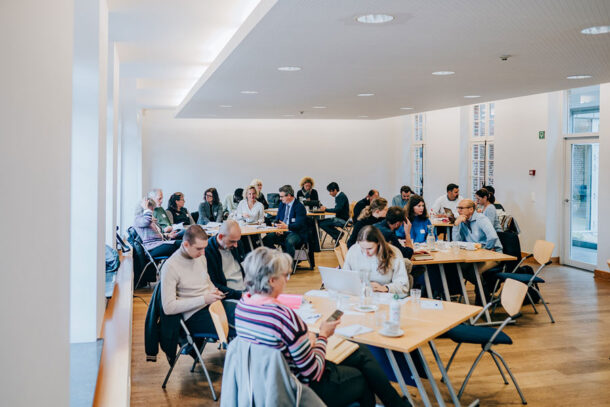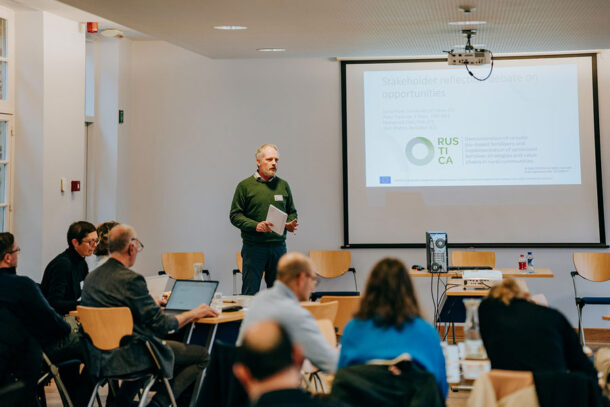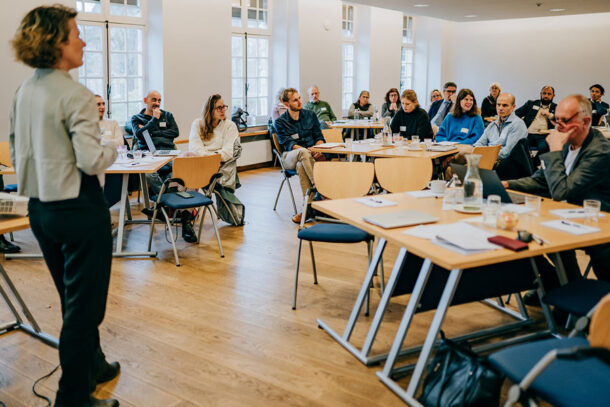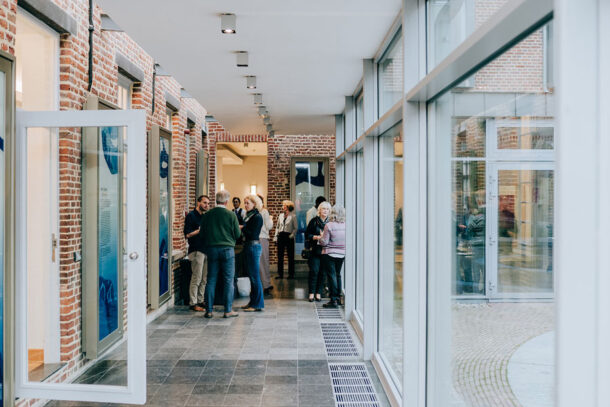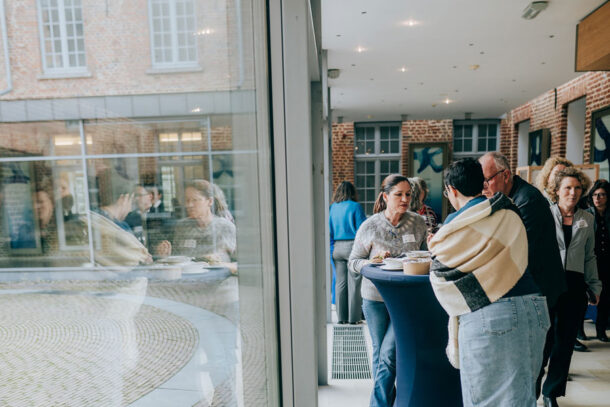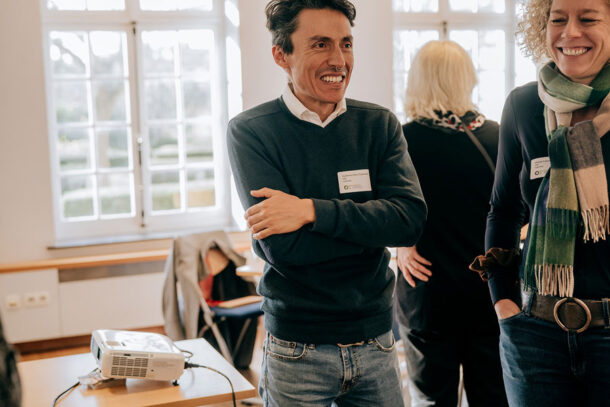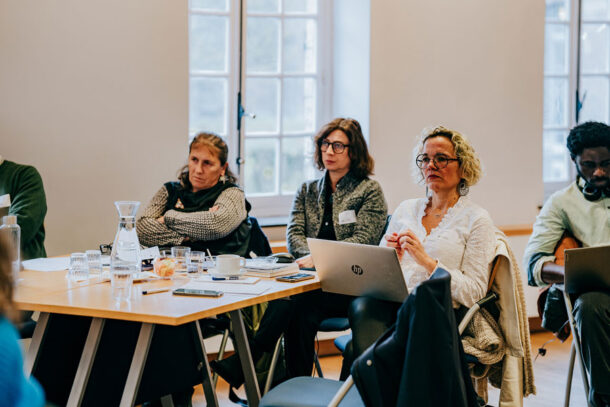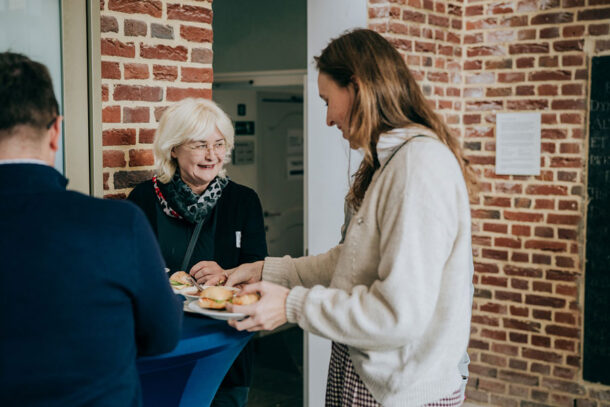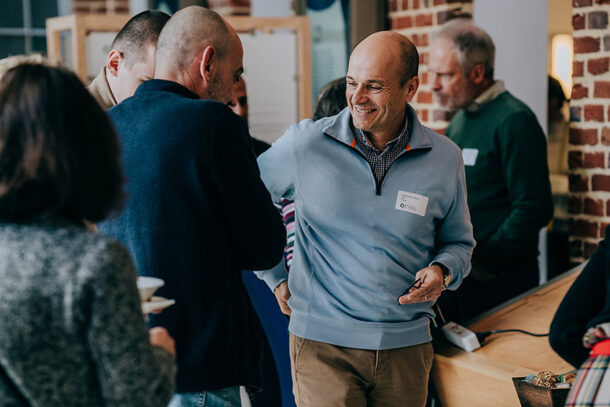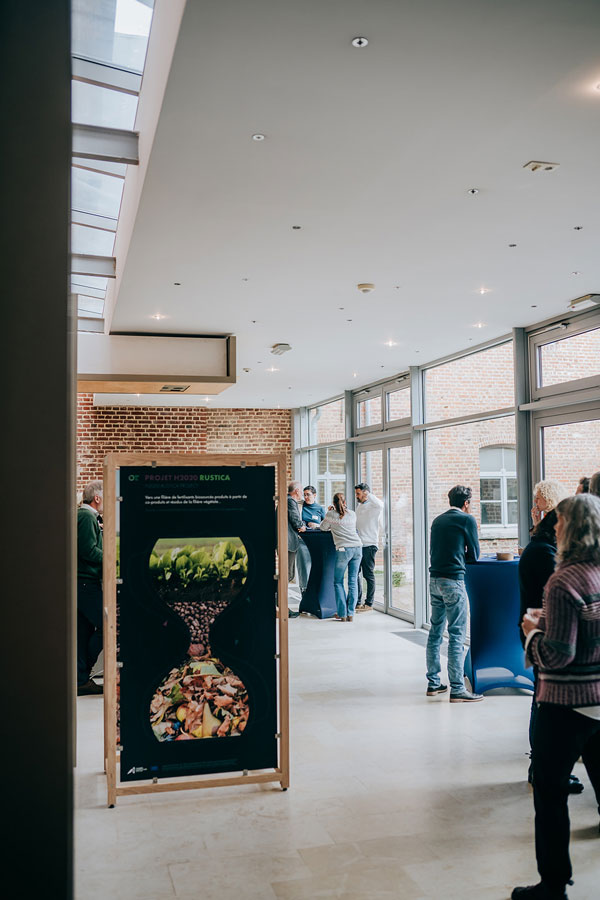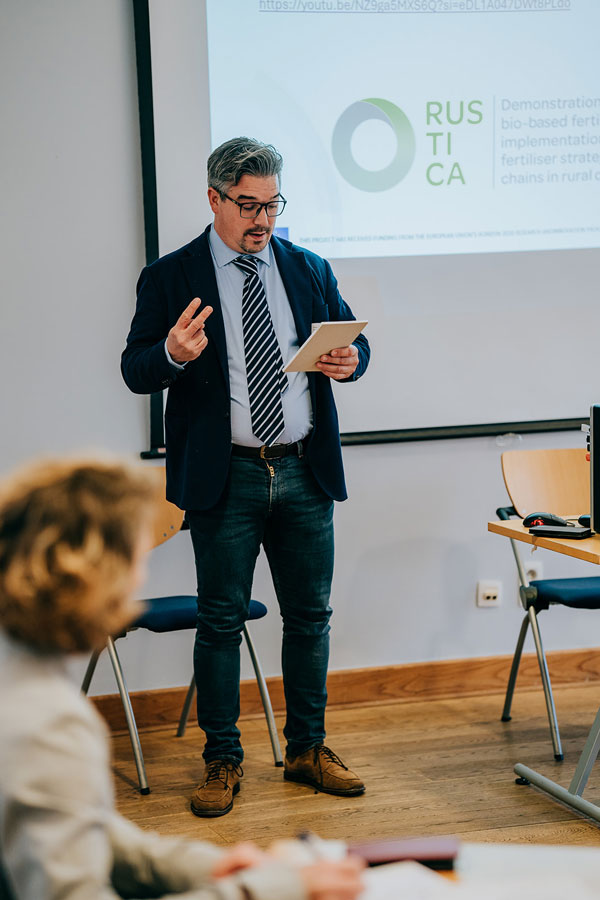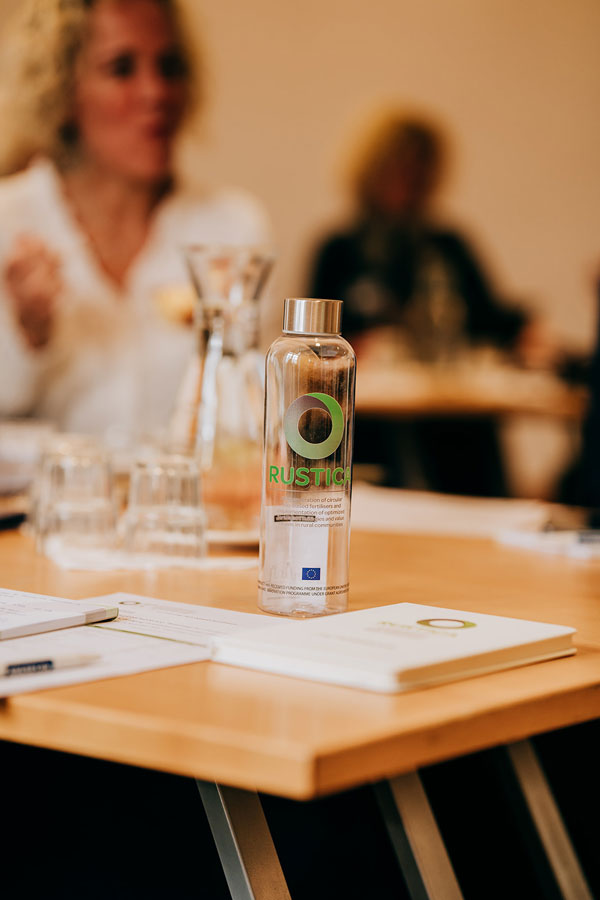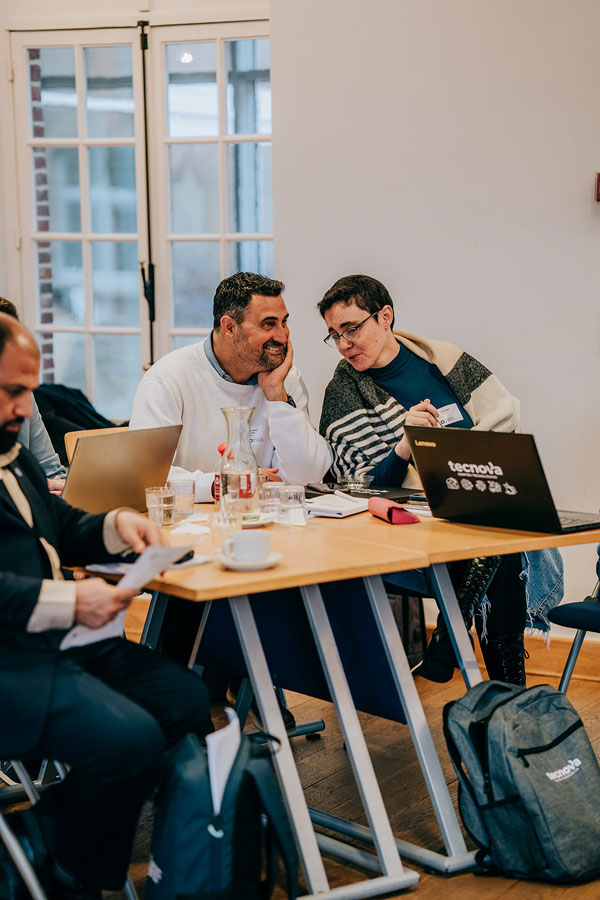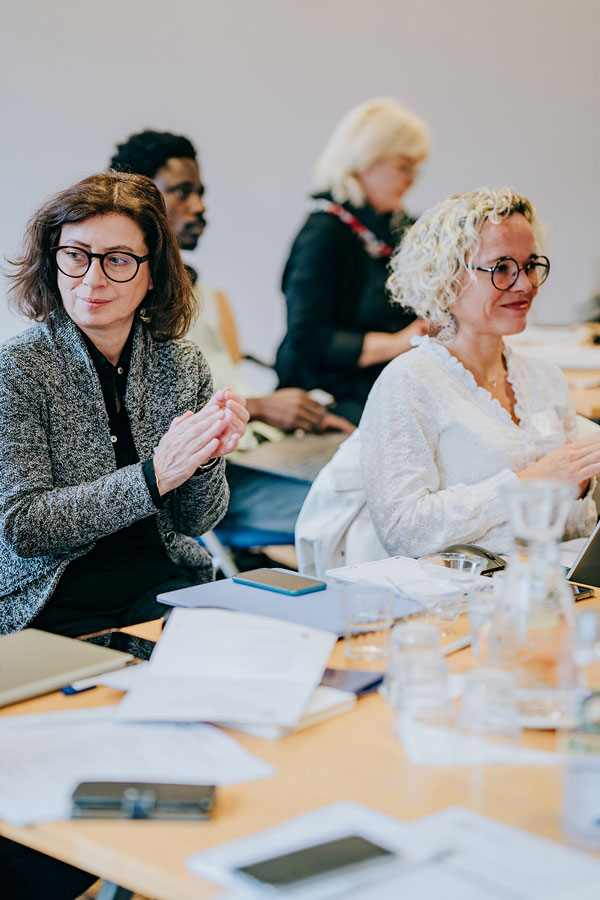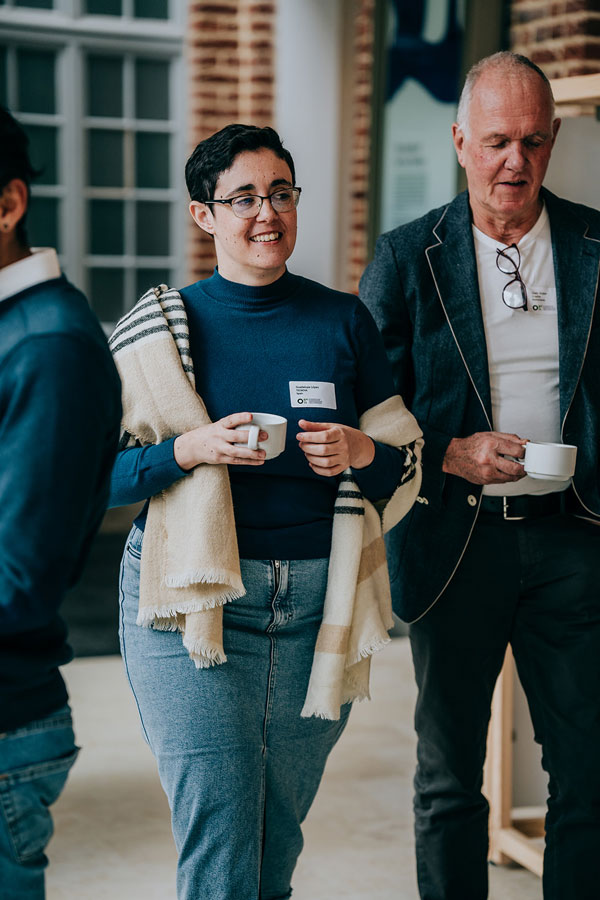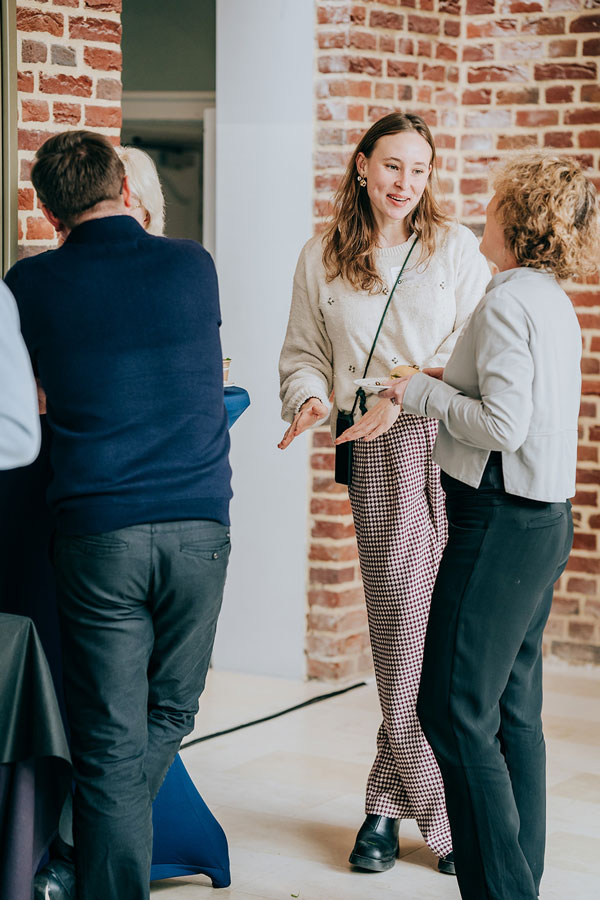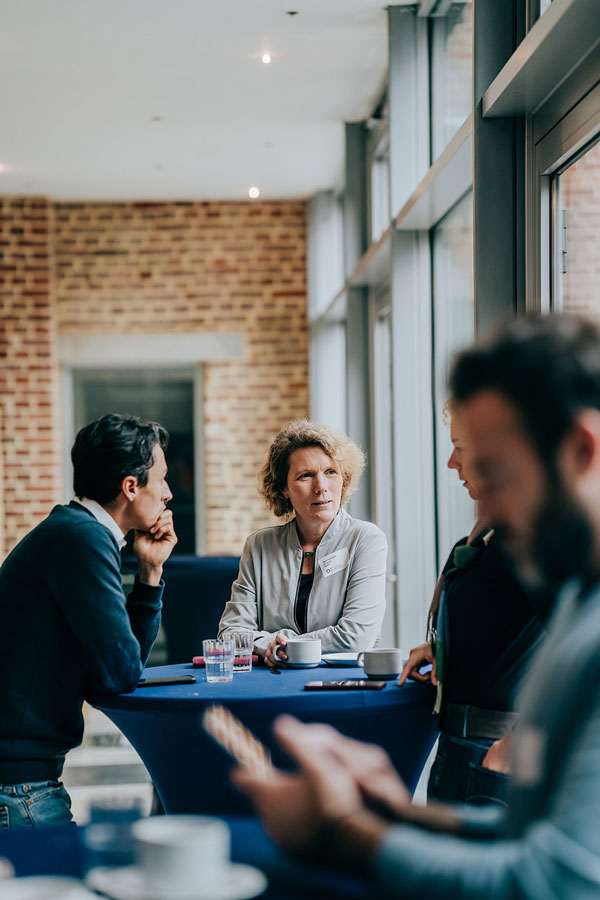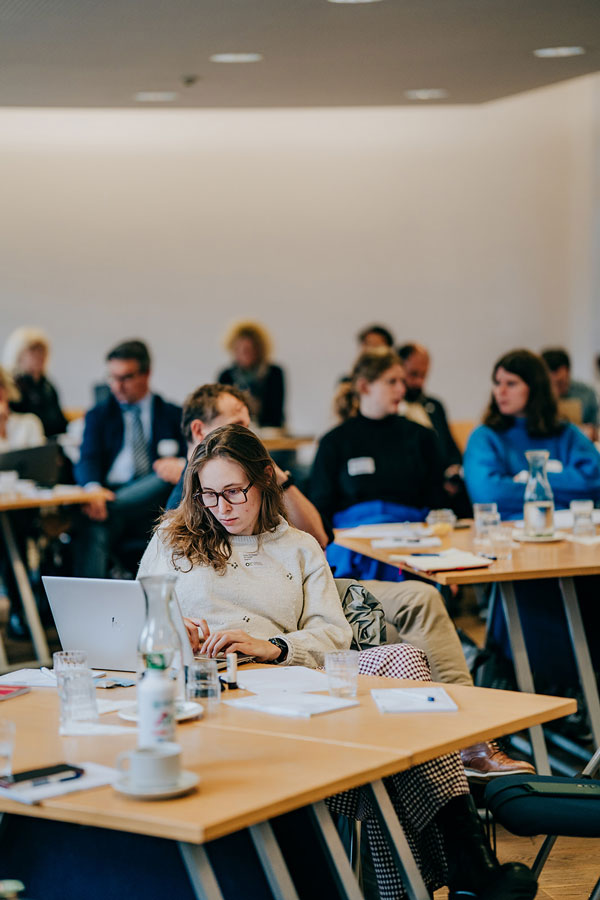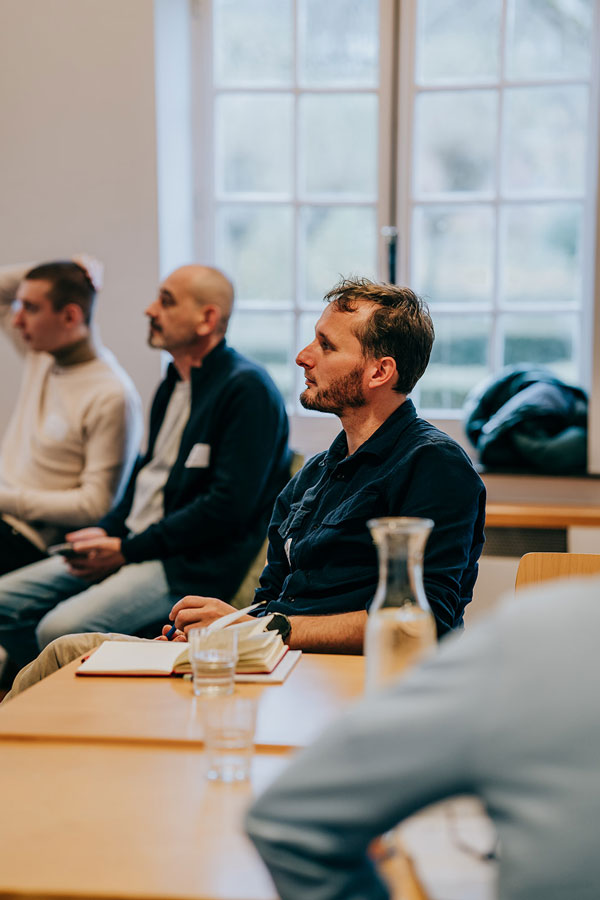The RUSTICA global workshop, held on 26th November at the Irish College in Leuven, brought together a diverse group of stakeholders from across the globe to discuss the future of circular bio-based fertilisers.
With the title “Roadmap for Circular Bio-Based Fertilisers: Bridging Innovation and Market Adoption,” the event aimed to foster constructive dialogue around the key outcomes of the RUSTICA project and explore the bottlenecks and opportunities in the development of bio-based fertilisers. The workshop welcomed experts from private companies, knowledge centres, policy-making bodies, and universities, representing a broad range of sectors and regions, including Africa, Latin America, and Asia. The discussions were lively and focused not only on the specific results of the RUSTICA project but also on the broader challenges and opportunities that lie in advancing bio-based fertilisers.
One of the key takeaways from the workshop was the recognition of the need for a clear and coherent policy on bio-based fertilisers, including the importance of standardization and harmonization of regulations. The participants agreed that all characteristics of bio-based fertilisers—such as their long-term effects on soil fertility and their contribution to waste reduction—should be considered when comparing them to synthetic fertilisers. This balanced approach will help address the environmental and sustainability aspects of bio-based fertilisers.
Additionally, experts emphasized the necessity of considering all facets of sustainability—social, economic, and ecological—when developing the bio-based economy. They stressed that there are inherent trade-offs between these aspects, and these should be carefully considered and quantified in policy and decision-making processes.
The RUSTICA consortium looks back on the event as a resounding success, setting the foundation for future collaboration in the field of circular bio-based fertilisers. The valuable contributions of all participants were greatly appreciated, and the consortium is hopeful that this workshop marks the beginning of a broader, continued dialogue aimed at advancing sustainable agricultural practices globally.

